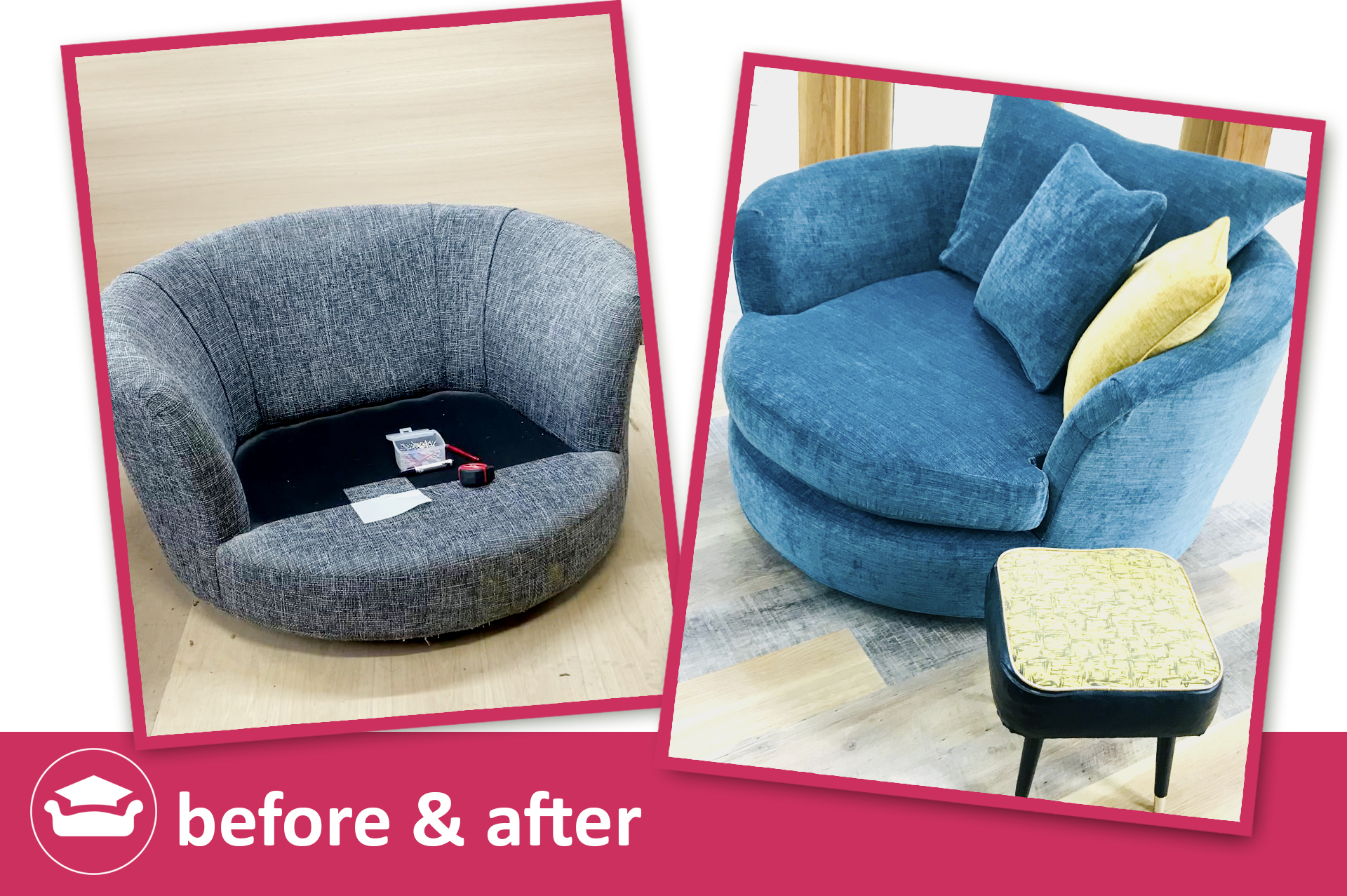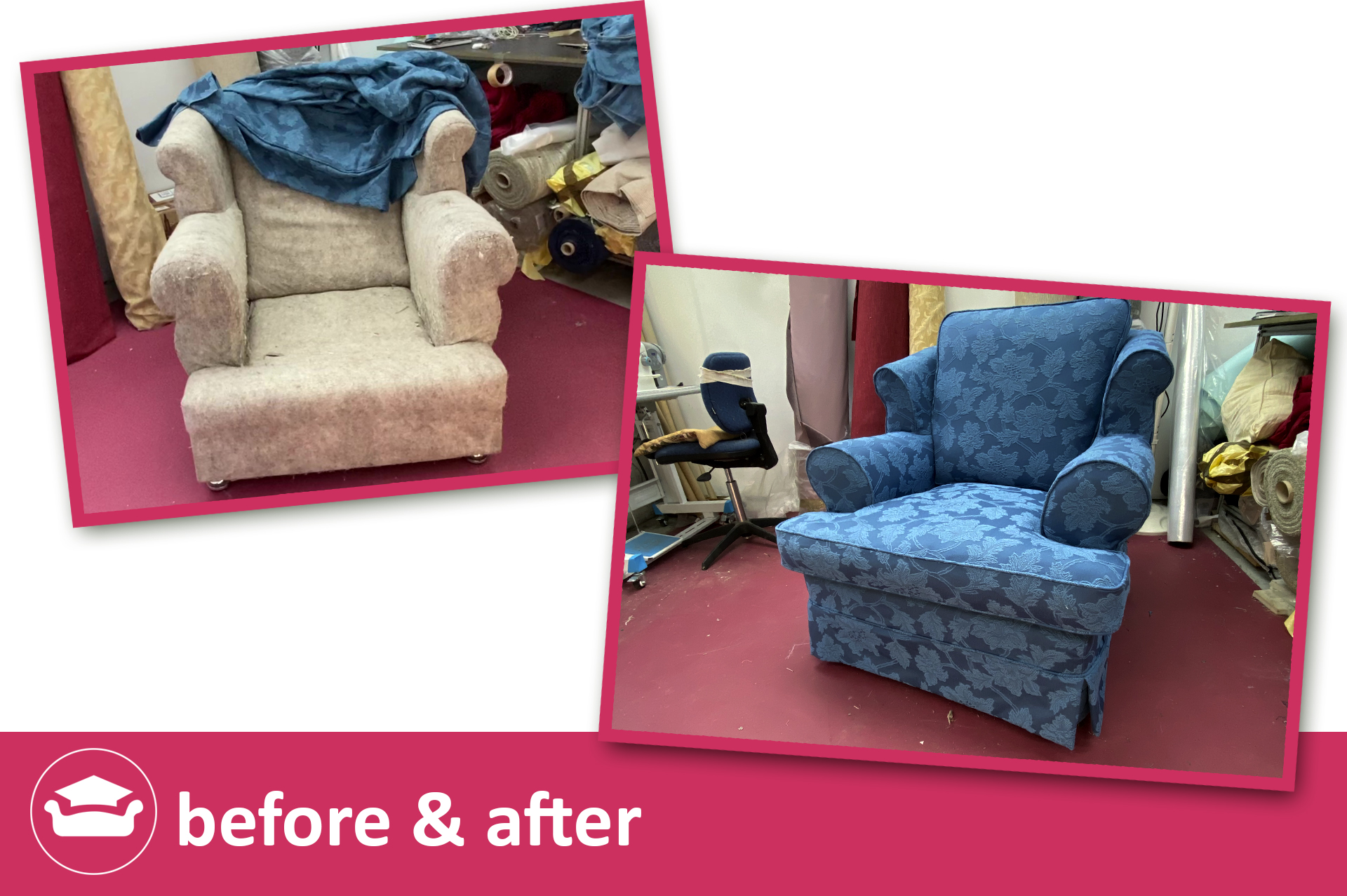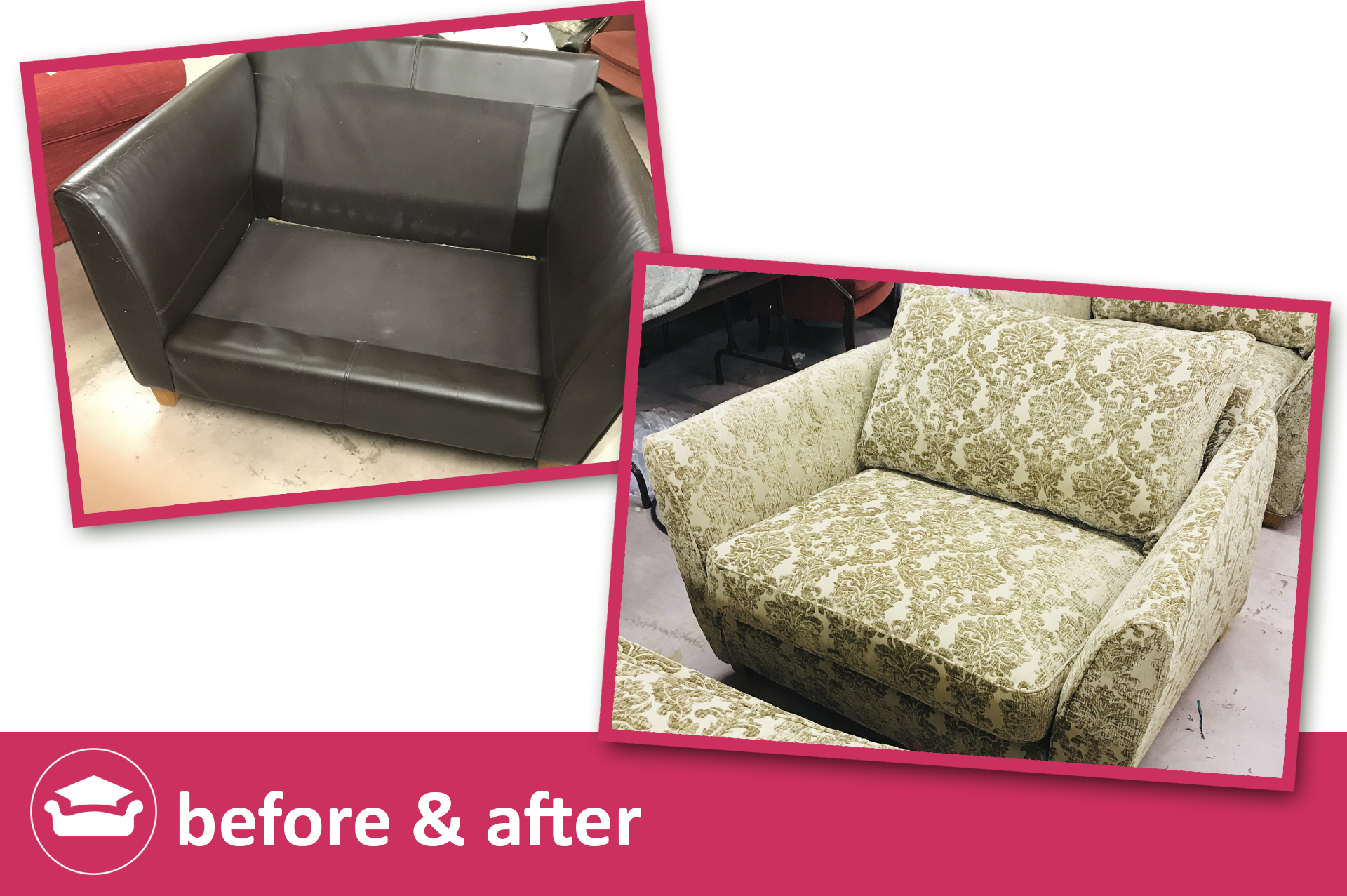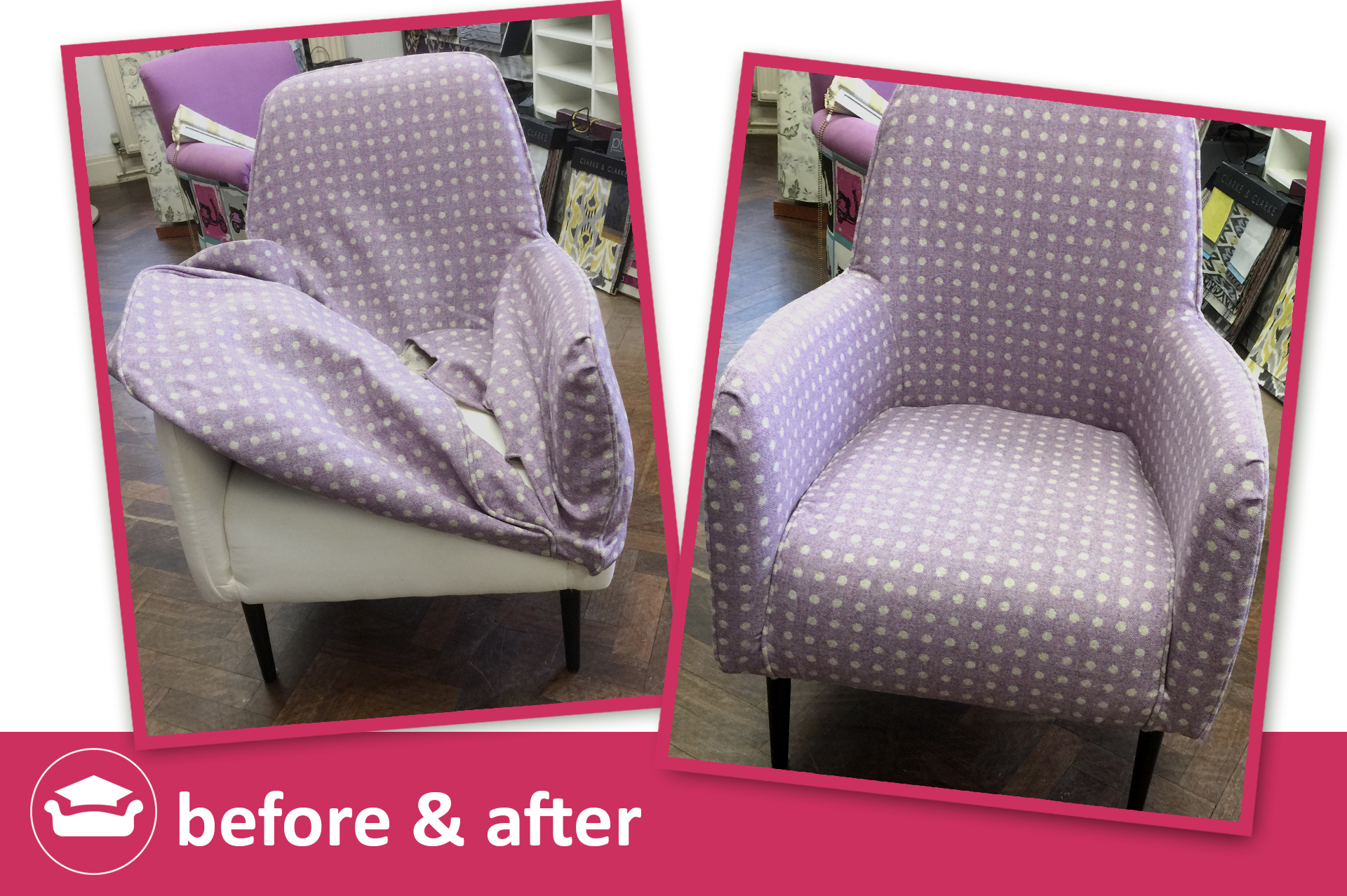The Superiority of Quality Sofas and the Value of Loose Covers
Introduction:
When it comes to purchasing a sofa, quality should always be a top priority. While mass-produced sofas may seem appealing due to their lower price tags, investing in a high-quality sofa can provide numerous benefits in the long run. In this blog post, we will explore the key differences between quality sofas and mass-produced sofas, highlighting the advantages of loose covers for quality furniture. We will also delve into the significance of hardwood versus softwood, the importance of springs and quality components, and the distinctions between mass-produced and bespoke sofas.
1. Hardwood vs. Softwood:
One fundamental difference between quality sofas and mass-produced sofas lies in the type of wood used for their frames. Quality sofas are typically constructed using hardwood, such as oak or beech, which offers excellent durability and strength. In contrast, mass-produced sofas often feature softwood frames, such as pine, which are more susceptible to wear and tear over time.
2. Springs:
Another crucial aspect of a quality sofa is the type of springs used in its construction. Quality sofas generally incorporate high-quality, individually pocketed coil springs or serpentine springs. These springs provide exceptional support, distribute weight evenly, and contribute to the sofa’s overall longevity. In contrast, mass-produced sofas often employ lower-grade springs or alternative support systems, leading to diminished comfort and durability.
3. Quality Components:
The components used in the construction of a sofa play a significant role in its overall quality and lifespan. Quality sofas are typically equipped with high-density foam or down-filled cushions, which provide superior comfort and resilience. Additionally, they may feature reinforced corners, sturdy joints, and quality stitching, showcasing attention to detail and ensuring long-lasting durability. Mass-produced sofas, on the other hand, often use cheaper materials and may lack the same level of craftsmanship, resulting in less comfort and a shorter lifespan.
4. Mass-Produced vs. Bespoke:
Mass-produced sofas are manufactured in large quantities, often sacrificing individuality and uniqueness. On the contrary, bespoke sofas are custom-made according to a customer’s specific requirements, allowing for personalized design elements, dimensions, and materials. Bespoke sofas are typically handcrafted by skilled artisans, ensuring exceptional craftsmanship and attention to detail. This level of customization and quality comes at a higher price, but it offers a truly one-of-a-kind piece that can be cherished for years to come.
5. The Value of Loose Covers:
Investing in loose covers for quality sofas is a prudent choice. Loose covers are removable and washable, allowing for easy maintenance and cleaning. They protect the sofa from spills, stains, and general wear and tear, prolonging its lifespan and keeping it looking fresh. Loose covers also provide the flexibility to change the sofa’s appearance to suit evolving design preferences or seasonal decor trends, making them a versatile and cost-effective investment.
Conclusion:
While mass-produced sofas may seem like a tempting option initially, their inferior construction and cheaper components often result in a compromised long-term experience. Quality sofas, crafted from hardwood frames, superior springs, and high-quality components, offer exceptional comfort, durability, and aesthetic appeal. Furthermore, investing in loose covers for quality sofas provides an added layer of protection, versatility, and longevity. By prioritizing quality over mass production, you can enjoy a sofa that becomes a cherished centerpiece in your home for years to come
Get FREE Fabric Samples





